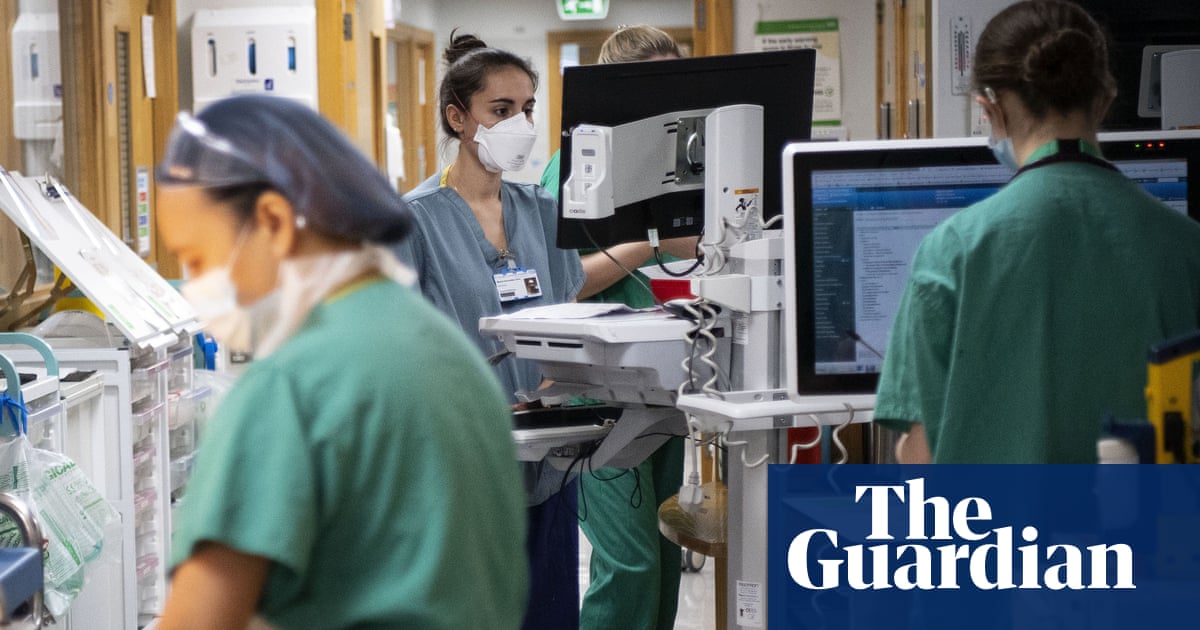
Millions of patients are currently on tenterhooks, often in agony, hoping the NHS will find time to treat them. In my local hospital trust alone, there are 100,000 people stuck in this limbo, with 8,000 of them waiting for more than a year to date. The backlog for operations has reached an all-time high, with Covid making an already difficult situation impossible. Those patients expecting surgery may be shocked by how the current system could encourage those who treat them to see pound signs rather than patients.
During the pandemic, the government has poured funding into private healthcare firms, nominally to relieve pressure on overstretched NHS hospitals. The kind of spending that was once deployed for cataracts and hip operations is now being used routinely to deliver cancer and cardiology care.
Nobody objects to every effort being made to cut waiting lists: but that has not happened, and costs have also rocketed. During the Covid crisis, private companies have pocketed millions in furlough payments while billing the NHS for services that we now know weren’t fully used.
This is not just a consequence of trying to respond to a virus; it may also be symptomatic of an inbuilt potential conflict of interest that has seeped into commissioning. Throughout the history of the health service, many NHS consultants have worn two hats, using private practice to top up their public salaries. As the NHS increasingly relies on capacity bought in from the private sector, many consultants have direct shares – and so a financial interest – in joint venture companies.
Research by the Centre for Health and the Public Interest shows £36m of taxpayers’ money has been spent by London NHS trusts on cancer services alone with just one of these companies, HCA Healthcare. At the same time, 120 NHS doctors who work for these same trusts are engaged in joint ventures with HCA.
Their accounts show that over the last six years, £249m in dividends have been generated as a result, of which £26m went to mainly NHS doctors. HCA is not the only company forming such joint ventures, with hundreds more consultants involved.
Patients need to have confidence that if they are referred to a private provider, it is in their interests, not their consultant’s. So, too, that any delay does not reflect the cost of treatment. A constituent who was booked in for urgent NHS cancer surgery at a hospital run by a major healthcare firm just before Christmas had the surgery cancelled at the last minute. They were told that this was because the facilities were needed for private – and so likely more lucrative – patients. This incident, and the pressures behind it, should concern anyone who understands that the NHS will only thrive if it is medical urgency, and not money, that drives decisions.
Ministers may argue that more than 300,000 people left waiting more than a year for surgery is a side-effect of the pandemic, but lists have been creeping up for years. Rather than invest in NHS capacity, recent years have seen a conscious decision to divert funding to profit-making private healthcare companies.
Without more scrutiny, this could see healthcare outcomes shaped not by need but whether you have the money to jump the queue, with taxpayers and patients alike paying the price.
Stella Creasy is the Labour MP for Walthamstow












